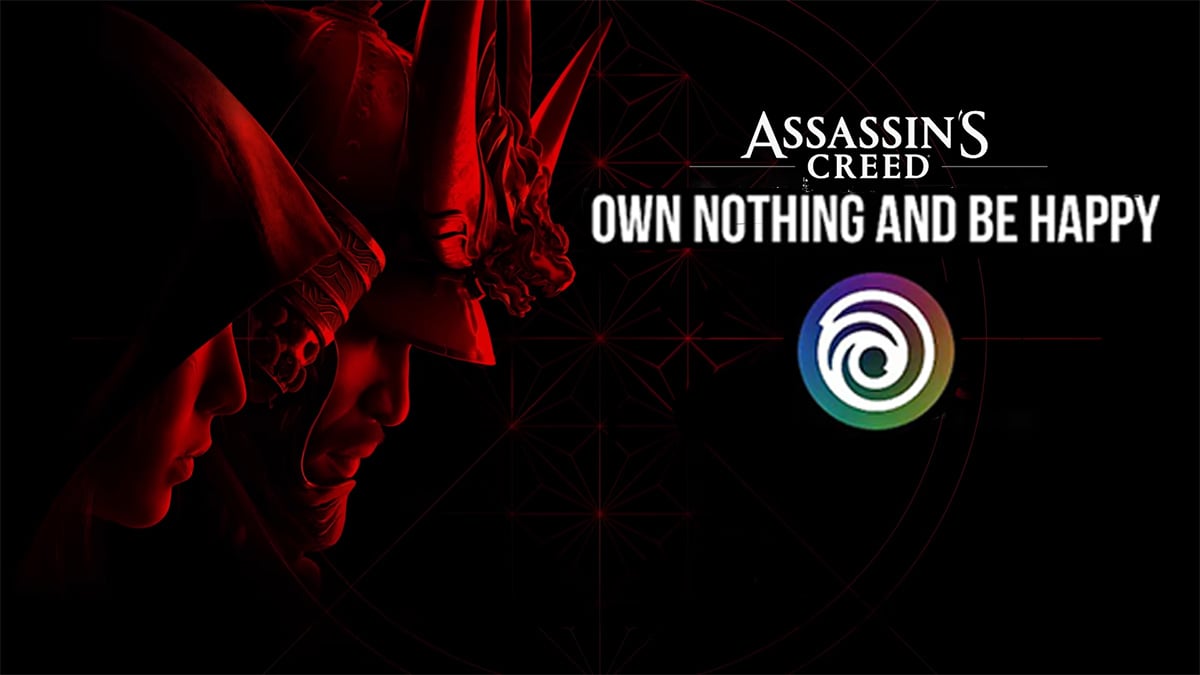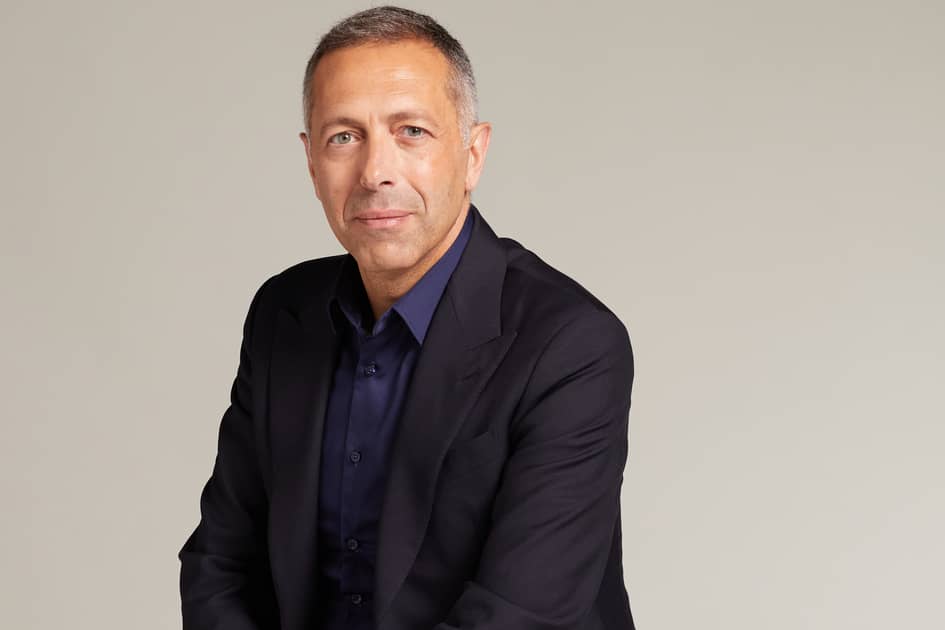There is no denying that Ubisoft has some serious problems when it comes to monetization. Its corporate greed is neigh unmatched in the gaming world, and it has proven time and time again that it cares about little more than scooping up as much cash as possible.
Combine that with what gamers view as lackluster copy-pasted open worlds, repetitive gameplay, and tedious side quests and it’s a recipe for irritated gamers, and wide-reaching boycotts.
Why are gamers upset with Ubisoft games?
The frustration players feel when it comes to Ubisoft has been building for years. For older gamers, who might not subscribe to the often-vitriolic discourse online, the hate might come as a surprise. Ubisoft was a leader in the industry throughout the early aughts, releasing daring titles like Beyond Good & Evil, Rayman, Brothers in Arms, and of course, the entry titles to their flagship series like Assassin’s Creed and Far Cry.
It’s hard to pinpoint when the anger first started. For some players it was the 2012 shift to Uplay, the company’s solo digital distribution platform. The launch and subsequent 8-year run was fraught with bugs, required an internet connection to play games, and was often down for days, leaving players without access to purchased games. Every major publisher is pushing for personal launchers, Ubisoft and EA are just taking the lead.
Coincidentally, they’re also the leaders in what one Redditor perfectly described as “fast food games… cheap, fast, you know what you’re getting and they are just good enough.” Baldur’s Gate swept the 2023 Game Awards with its ingenuity. With many players feeling the squeeze when it comes to shelling out for games that feel unfinished, recycled, and are laden with microtransactions, there is less space for “fast food.”
In another “pioneering” approach, the company is moving to subscription services, much like Xbox Game Pass. The company believes that the days of physical copies are over — relics to be left molding in an attic somewhere.
“One of the things we saw is that gamers are used to, a little bit like DVD, having and owning their games… They got comfortable not owning their CD collection or DVD collection. That’s a transformation that’s been a bit slower to happen [in games]… So it’s about feeling comfortable with not owning your game.”
Phillipe Tremblay
For others, it was when the Assassin’s Creed franchise moved to yearly releases, like Call of Duty, Madden, or FIFA – repetitive, half-a**ed, and aggressively-monetized mediocre titles. The formula worked for about 5 years, with back-back successes in Assassin’s Creed II, Brotherhood, Revelations, Assassin’s Creed III, and Black Flag before the magic was lost on the often overlooked AC Rogue.
Worse was the buggy launch of AC Unity. While the game received fairly high praise from critics, players were plagued by frequent Uplay crashes and more horrifying bugs than a game has any right to have at launch. Ubisoft’s response was to offer a free game as compensation – with the caveat that gamers couldn’t sue over the disproportionally buggy entry.
Outside of the tangible, a certain subsect of players have found themselves at odds with Ubisoft’s emphasis on DEI (Diversity, Equality, and Inclusion). Over the years the publisher has made concentrated efforts to include LGBTQIA+ characters, as well as represent people of color, diverse gender expression, and various nationalities. While a quick look back at many of their titles shows that this shift has happened over years, some players say this is happening at a disproportionate rate.
The latest entry in the franchise, AC Shadows, takes place during the Sengoku Period in Japan. The title features dual protagonists Naoe, a female shinobi, and Yasuke, an African man turned samurai. Commenters on the YouTube trailer were quick to rage about having a woman character and a man from a different country as the primary protagonists, claiming it pushes a “woke” agenda.
This same argument has been repeated since Syndicate (2015), when it was revealed that Jacob Frye was bisexual– though at the time it was more revolutionary than “woke,” and there was little fury over a female protagonist.
Since the Shadows trailer dropped in mid-May, it’s been dragged online as disrespectful to Japanese people, and for pushing a DEI agenda. For any casual viewer, the comments are toxic, filled to the brim with as-of-yet-unjustified hatred and abhorrent racism. Still, even some reasonable voices joined the chorus of dissent, questioning the breaking of precedent with Yasuke’s main character status, when the story is set in Japan.
At the time of writing, it had more than 700k downvotes and only 270k upvotes. On the AC subreddit, however, the comments skew much more positive – even if players have little positive to say about Ubisoft itself. “They have more misses than they do hits,” one player commented, concluding, “There’s too many options from better publishers.”
Beyond their alleged DEI pandering and aggressive monetization tactics, the company has massive problems internally. The Indeed reviews from employees detail low pay, high expectations, and awful management. Problems with management spiraled to the legal level in 2020 as part of the #MeToo movement; five members of Ubisoft’s upper management were fired or forced to resign when the French newspaper Liberation uncovered that years’ worth of sexual misconduct complaints had been ignored. The former chief creative officer, Serge Hascoët, and four others were arrested on sexual harassment charges in 2023.
According to Bloomberg, Hascoët was the primary reason Ubisoft was unable to produce content with only female leads. In Assassin’s Creed: Origins, Aya was originally intended to carry much more of the game — likewise, Kassandra was meant to singularly carry Odyssey. According to Bloomberg, Hascoët believed that women wouldn’t sell games. Other publications, like Gamesutra, corroborated Bloomberg’s report, and found that issues stemming from executive mismanagement had affected multiple studios.
The result was a cascade of executive departures, a revamping of Ubisoft’s internal procedures, and several class action lawsuits against the company. Throughout 2021, multiple groups of Ubisoft employees came forward to try and force to company to comply with its promises, and to shed light on more discrimination and sexual harassment issues. Axios reported in December 2021 that an “exodus” of employees had left the company due to low pay and the impact of the allegations.
Despite Ubisoft’s jump on the subscription bandwagon, aggressive microtransactions, and soaring price tags – the latest Assassin’s Creed title, AC Shadows starts at $69.99 for the base game and caps at $129.99, and those aren’t even collector’s editions – the company can’t seem to keep the good talent in, and the bad actors out. The “fast food” model isn’t very fresh, and players are ready for new horizons – which don’t seem to be coming from the AAAs anymore. Most players are content dropping $40 on amazing indie title like Manor Lords rather than snagging an Ubisoft subscription and, just like the company’s Director of Subscriptions Phillipe Tremblay says, and get “comfortable with not owning [their] game.”







